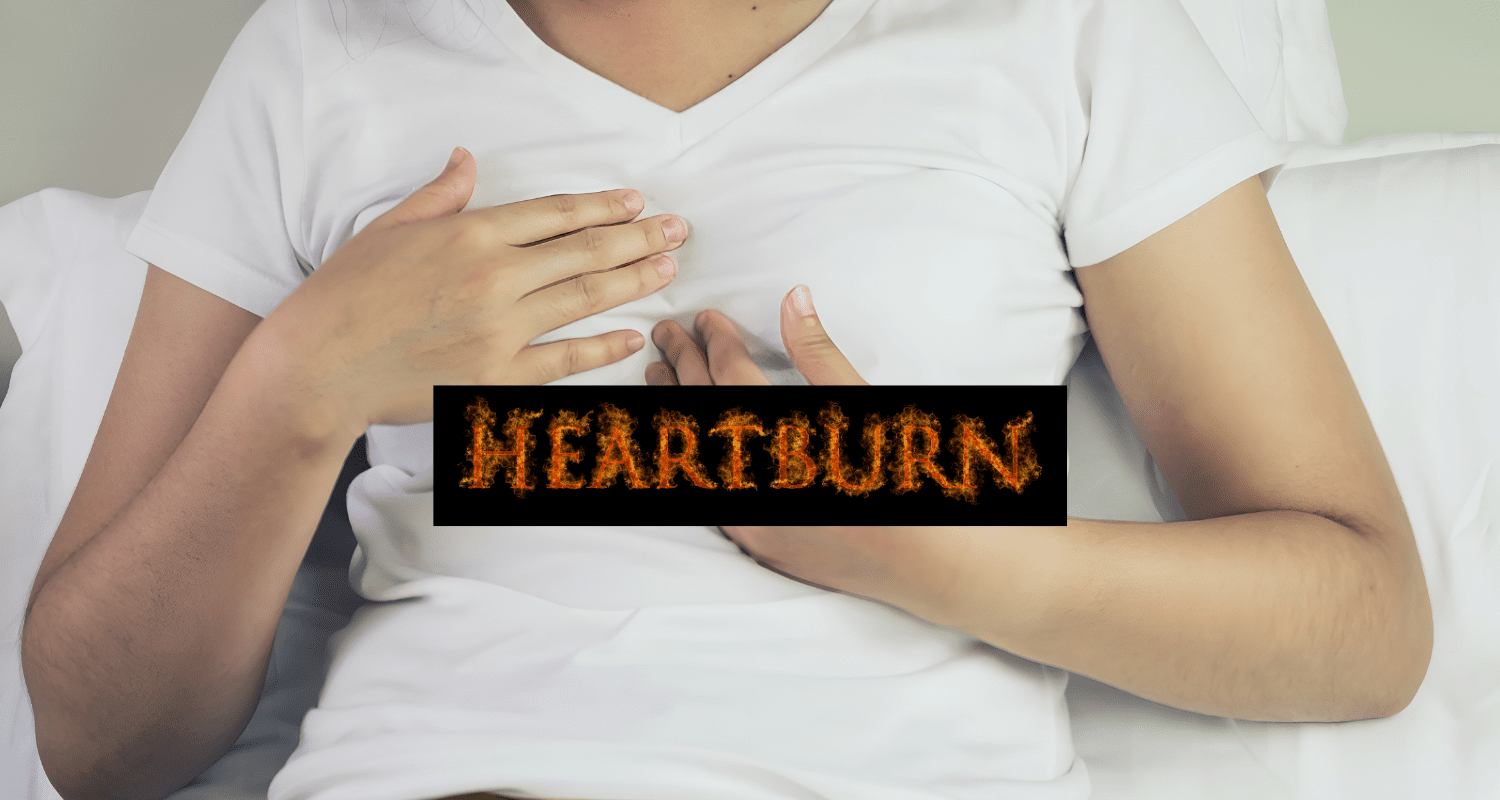Imagine sinking into bed, your head resting on a cloud-like pillow, and drifting into a deep, uninterrupted sleep. You wake up feeling refreshed, energized, and ready to tackle the day. Unfortunately, for millions of people with GERD, this remains a distant dream.
You’ve tried everything—avoiding late-night meals, taking medications—but nothing seems to help. Nighttime heartburn keeps jolting you awake, leaving you tossing and turning. However, with a better understanding of GERD and some strategic changes, restful sleep can become a reality again. Could a simple change in your sleeping position make all the difference?
The Impact of Sleep Deprivation on Your Health
Missing out on sleep doesn’t just make you feel sluggish the next day. Chronic sleep deprivation weakens the immune system, raises the risk of heart disease, and can lead to more frequent GERD flare-ups. Without proper rest, your body’s healing processes are interrupted, worsening GERD symptoms over time.
GERD and Acid Reflux: The Hidden Culprit behind Your Sleepless Nights
What Is GERD?
GERD is a chronic digestive disorder where stomach acid flows back into the esophagus. This reflux irritates the lining of the esophagus, leading to persistent heartburn, chest pain, and discomfort. GERD is often exacerbated by eating large meals, lying down soon after eating, and consuming spicy or acidic foods.
How Acid Reflux Causes GERD
A weakened lower esophageal sphincter (LES) allows stomach acid to escape into the esophagus, causing the painful sensation known as acid reflux. This process is particularly disruptive during sleep when lying flat makes it easier for acid to travel upward.
Long-term Health Risks of GERD
If untreated, GERD can lead to long-term health complications such as:
- Esophagitis: Inflammation of the esophagus.
- Barrett’s Esophagus: A pre-cancerous condition caused by prolonged acid exposure.
- Chronic cough or asthma: Triggered by acid reaching the lungs during reflux episodes.
Symptoms of GERD
Common symptoms of GERD include:
- Persistent heartburn, especially at night
- Regurgitation of food or sour liquid
- Chronic cough or throat irritation
- A sensation of a lump in the throat
Lifestyle Adjustments to Manage GERD And Sleep Better
A GERD-friendly lifestyle can significantly reduce nighttime reflux:
Here’s how you can ease GERD symptoms and get a better night’s rest:
- Eat Smaller Meals: Large meals can increase pressure on the LES, leading to reflux.
- Avoid Meals Close to Bedtime: Don’t eat for 2-3 hours before lying down to prevent acid from rising into your esophagus.
- Maintain a Healthy Weight: Weight loss reduces pressure on your stomach and esophagus.
- Elevate Your Upper Body: Use a wedge or elevation pillow to keep acid from flowing upward while you sleep.
- Eat Low-Acid Foods: Include non-citrus fruits, lean meats, and green vegetables.
- Avoid Trigger Foods: Steer clear of spicy, fatty, or acidic foods that can worsen reflux.
- Drink Plenty of Water: Water can help flush acid from the esophagus, reducing irritation.
- Sleep on Your Left Side: A 2022 study from The American Journal of Gastroenterology suggests that sleeping on your left side can help clear acid faster, reducing the risk of tissue damage. (1)
Best Sleeping Positions for GERD Relief
Positioning your body correctly during sleep can make a significant difference in reducing acid reflux symptoms. A study published in The American Journal of Gastroenterology in February 2022, “sleeping on your left side can help clear acid faster, reducing the risk of tissue damage.”
Researchers monitored 57 people with chronic heartburn as they slept. Each person spent time on their left side, right side, and back. Surprisingly, the number of acid reflux episodes didn’t change based on their position. However, something important happened when they slept on their left side—the acid cleared from their esophagus faster. Less time exposed to acid means reduced pain and a lower risk of serious tissue damage.

Smart Tips
- Elevate the Head of Your Bed: Raising the head of your bed by 6-8 inches can help gravity work in your favor by keeping stomach acid down.
- Avoid Sleeping on Your Back: Lying flat on your back increases the likelihood of acid flowing back into the esophagus, worsening symptoms.
By making these simple changes in your sleep position can make a big difference. By combining these changes with an elevation pillow, you might just give that heartburn the boot for good.
The Role of Elevation Pillows in Managing GERD
An elevation pillow is an essential tool for anyone suffering from GERD. These pillows are designed to keep your upper body elevated during sleep, preventing acid reflux and helping you wake up feeling refreshed.
Sleep Better with Dr Trust Elevation Pillow
No more struggles to get a good night’s sleep because of GERD! It might be time for a change! The Dr Trust Elevation Pillows are the perfect fix, designed specifically to help keep acid reflux at bay while you sleep. What makes these sleep pillows the best choice? Simple –their built with your comfort and health in mind. By gently lifting your upper body, they help reduce acid reflux, snoring, and other sleep disturbances. Plus, their ergonomic designs ensure better body alignment, so you can sleep comfortably without any discomfort.
Smart Features
-
Ergonomic Design: Keeps your upper body elevated to prevent acid from rising.
-
Supportive Memory Foam: Molds to your body, providing comfort and preventing neck strain.
-
Improved Sleep Quality: Reduces the frequency and severity of reflux episodes, allowing for a more restful night’s sleep.
Whether you’re dealing with GERD, recovering from surgery, or just looking for better sleep, the Dr Trust Elevation Pillow is your go-to for ultimate comfort and relief.
Order your Dr Trust Elevation Pillow today and say goodbye to sleepless nights caused by GERD. Sleep better, feel better, and take control of your health.
Reference: https://www.health.harvard.edu (1)












